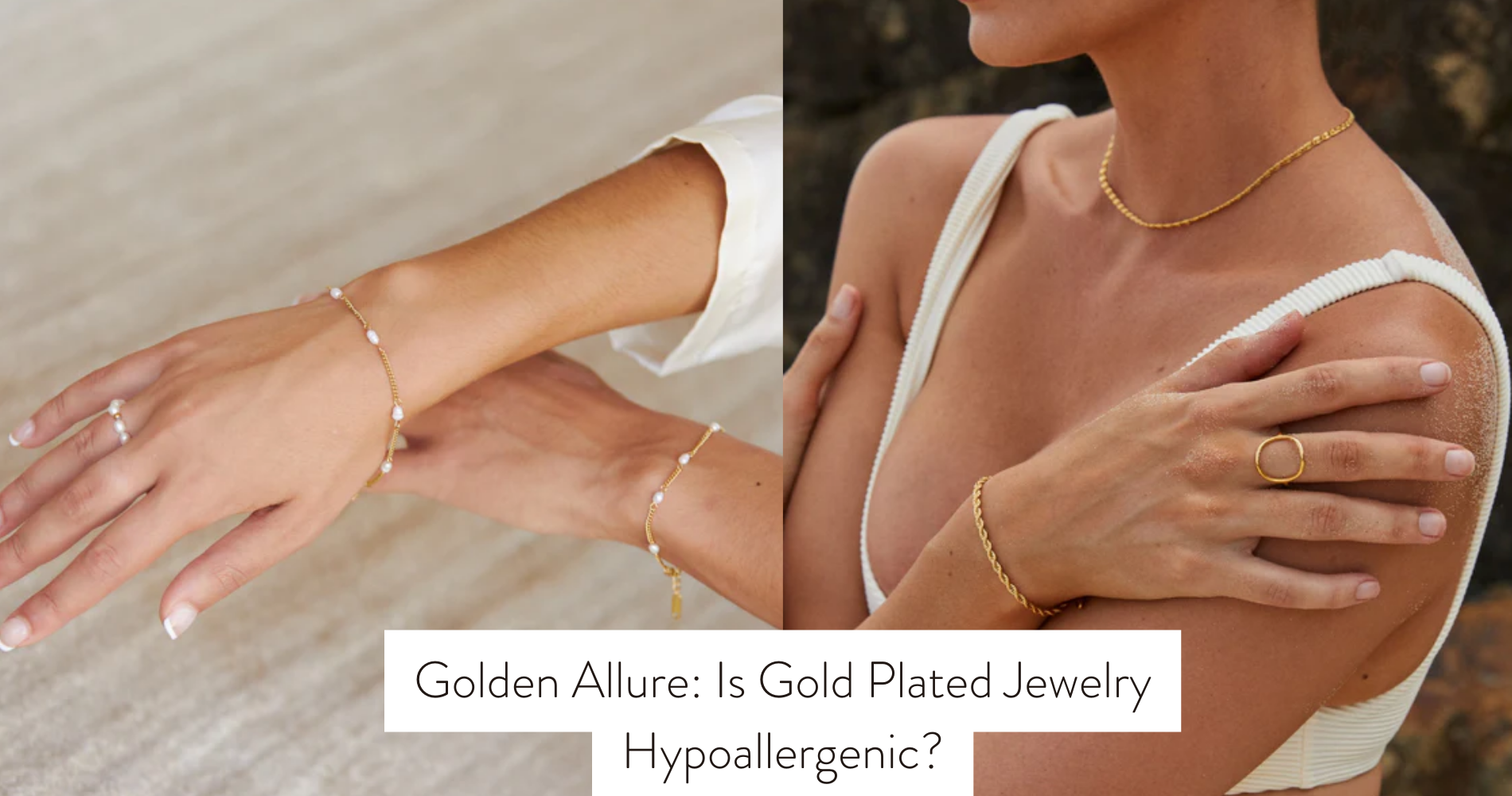
Golden Allure: Is Gold Plated Jewelry Hypoallergenic?
Envision the captivating glow of gold-plated waterproof jewelry gracefully embellishing your wrist or neck, infusing a refined elegance into every ensemble.
However, as you're drawn to the golden radiance, a question may arise: is gold-plated waterproof jewelry hypoallergenic?
The response to this inquiry isn't quite simple. Although gold plating can offer a barrier that minimizes skin irritation, numerous elements can influence its hypoallergenic traits.
Thus, we'll delve deeper into this subject to discover what truly lies beneath the lustrous exterior.
What Is Gold Plating?
Gold plating is a process that involves covering a base metal with a thin layer of gold. This technique is commonly used in jewelry to enhance its appearance and increase its value. One of the major advantages of gold plating is its affordability. It allows individuals to enjoy the luxurious look of gold without breaking the bank. Additionally, gold plating offers versatility as it can be applied to various types of metals such as brass, copper, and silver. This means that you can have a wider range of options when it comes to choosing your desired piece of jewelry.

However, there are also some drawbacks to consider when it comes to gold plating. Over time, the gold layer may wear off, revealing the base metal underneath. This can result in a less attractive appearance and may require the jewelry to be re-plated. Another disadvantage is the risk of allergic reactions. Some individuals may experience skin irritations or allergies due to the base metal used in gold plating.
If you're looking for alternatives to gold plating, you may consider solid gold jewelry. Solid gold pieces have a higher content of gold and are more durable. Another option is gold-filled jewelry, which involves bonding a thicker layer of gold to the base metal, making it more resistant to wear. Ultimately, the choice between gold plating and its alternatives depends on your budget, style preference, and tolerance to potential skin reactions.
Understanding Allergies to Jewelry
If you experience skin irritations or allergies when wearing jewelry, it's important to understand the causes and potential solutions. Common allergies to jewelry can be caused by certain metals, such as nickel, which is commonly used in costume jewelry. Nickel is a known allergen and can cause allergic reactions, ranging from mild irritation to severe rashes. Other common allergens include copper, brass, and silver. These metals can cause allergic reactions in some individuals, leading to redness, itching, and swelling of the skin.
Allergic reactions to jewelry can also be triggered by the presence of certain chemicals in the jewelry. For example, some jewelry may contain traces of formaldehyde, which is a known skin irritant. Additionally, certain cleaning agents or solvents used to clean jewelry can also cause allergic reactions in sensitive individuals.
If you suspect that you have an allergy to jewelry, it's important to consult with a dermatologist or allergist. They can perform patch testing to identify the specific allergen causing your reaction. Once the allergen is identified, you can take steps to avoid jewelry containing those metals or chemicals. Choosing hypoallergenic options, like gold-plated pieces including the herringbone choker, could serve as a fitting choice.

Factors Affecting Hypoallergenic Properties
To understand the factors that affect the hypoallergenic properties of jewelry, it's important to consider the composition of the materials used. Factors such as the base metal, plating thickness, and the presence of allergenic substances can all contribute to whether a piece of jewelry is hypoallergenic or not.
One of the key factors is the base metal used in the jewelry. Some metals, such as nickel, are known to cause allergic reactions in certain individuals. Therefore, jewelry made from nickel or other allergenic metals may not be hypoallergenic. On the other hand, jewelry made from metals like titanium or stainless steel, which are less likely to cause allergies, can be considered hypoallergenic.
Plating thickness also plays a role in determining the hypoallergenic properties of jewelry. If the plating is too thin, it can wear off quickly, exposing the base metal and potentially causing an allergic reaction. Thicker plating, on the other hand, provides a barrier between the skin and the base metal, reducing the risk of allergies.
Lastly, the presence of allergenic substances, such as certain dyes or coatings, can affect the hypoallergenic properties of jewelry. These substances can irritate the skin and trigger allergic reactions. Jewelry that's free from such substances is more likely to be hypoallergenic.
Tips for Choosing Hypoallergenic Gold-Plated Jewelry
When selecting hypoallergenic gold-plated jewelry, it's important to consider certain factors to ensure it's suitable for sensitive skin. One important tip is to choose affordable options that are still of high quality. Look for reputable brands or sellers that offer hypoallergenic gold-plated jewelry at reasonable prices.
It's also essential to pay attention to the materials used in the plating process. Opt for jewelry that's plated with nickel-free gold or other hypoallergenic metals like palladium or titanium. These materials are less likely to cause skin irritation and are safe for those with sensitive skin.

Additionally, consider the thickness of the gold plating. Thicker plating tends to be more durable and less likely to wear off quickly, which can reduce the risk of skin irritation caused by direct contact with the base metal.
Lastly, make sure to properly care for your gold-plated jewelry by storing it in a clean and dry place, avoiding contact with harsh chemicals or perfumes, and gently cleaning it with a soft cloth.
Following these tips will help you choose hypoallergenic gold-plated jewelry that not only looks beautiful but also prevents skin irritation.
Caring for and Maintaining Gold-Plated Jewelry
When it comes to caring for and maintaining your gold-plated jewelry, following a few simple steps will help keep it looking beautiful and prevent potential skin irritation.
First and foremost, it's important to handle your jewelry with care. Avoid contact with harsh chemicals, such as cleaning products or perfumes, as they can cause the gold plating to tarnish or wear off.
It's also a good idea to remove your gold-plated jewelry before swimming or showering, as prolonged exposure to water can also cause damage.
When storing your jewelry, make sure to keep it in a cool and dry place, away from direct sunlight. This will help prevent tarnish and discoloration.
To clean your gold-plated jewelry, use a soft cloth or a gentle jewelry cleaner specifically designed for gold. Avoid using abrasive materials or harsh chemicals, as they can scratch or damage the gold plating.
Frequently Asked Questions
How Does Gold Plating Affect the Price of Jewelry?
Gold plating affects the price of jewelry by making it more affordable compared to solid gold. However, gold plating is less durable and has less value. Additionally, the environmental impact of gold plating in the jewelry industry should be considered.
Can Gold-Plated Jewelry Cause Skin Discoloration?
Gold-plated jewelry can cause skin discoloration if you have skin sensitivity. The gold plating process involves a thin layer of gold over another metal, which can react with your skin and cause irritation.
Are There Any Specific Metals Used in Gold Plating That May Cause Allergies?
Yes, there are specific metals used in the gold plating process that may cause metallic allergies. It is important to be aware of the materials used in gold-plated jewelry to avoid any potential allergic reactions.
Can Gold-Plated Jewelry Be Repaired if It Starts to Wear Off?
To prevent gold plating from wearing off, avoid harsh chemicals and excessive friction. If it starts to wear off, take it to a professional jeweler who can repair or replate it for you.
Is It Safe to Wear Gold-Plated Jewelry While Swimming or Showering?
When swimming or showering, it's important to take precautions with gold-plated jewelry. It can be damaged by water and chemicals. Remember to remove it and store it properly to ensure its longevity.
Conclusion
So, is gold-plated jewelry hypoallergenic?
The answer isn't a simple yes or no. While gold plating can provide a hypoallergenic barrier for some people, it ultimately depends on the individual's specific allergies and the quality of the gold plating.
Factors like the base metal used and the thickness of the plating can affect its hypoallergenic properties. Therefore, it's important to take precautions when choosing gold-plated jewelry and to properly care for and maintain it to minimize the risk of allergic reactions.


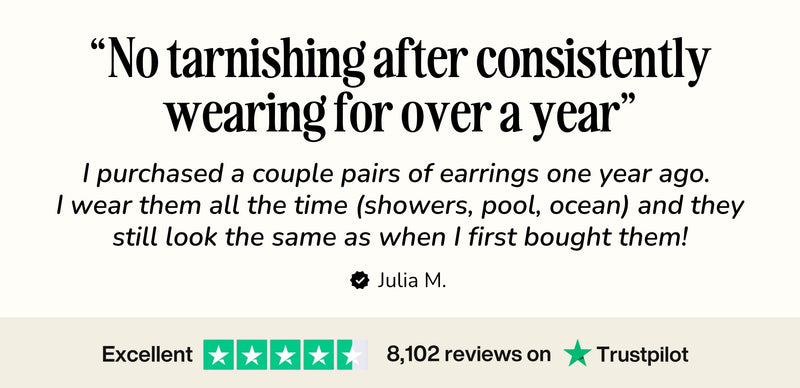

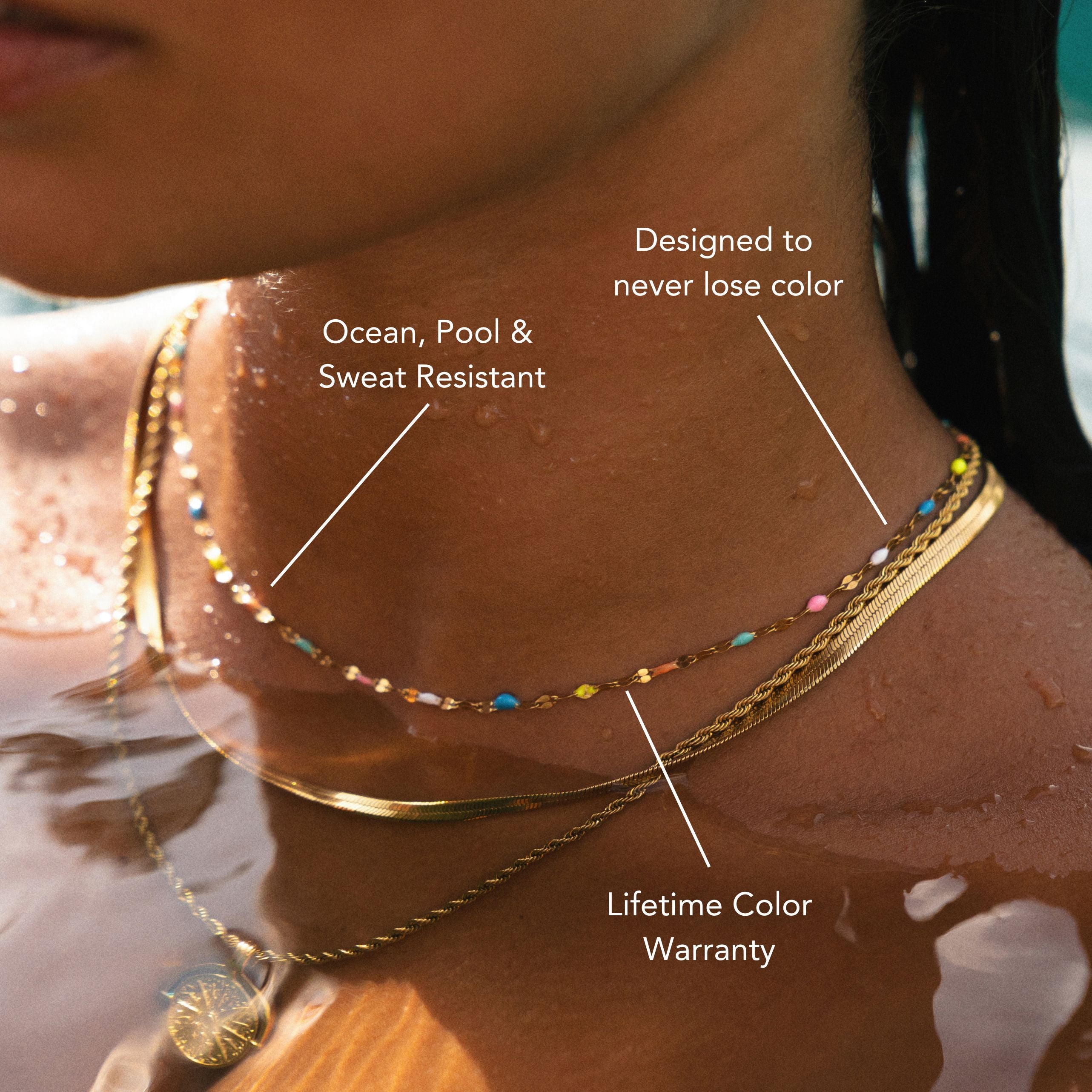




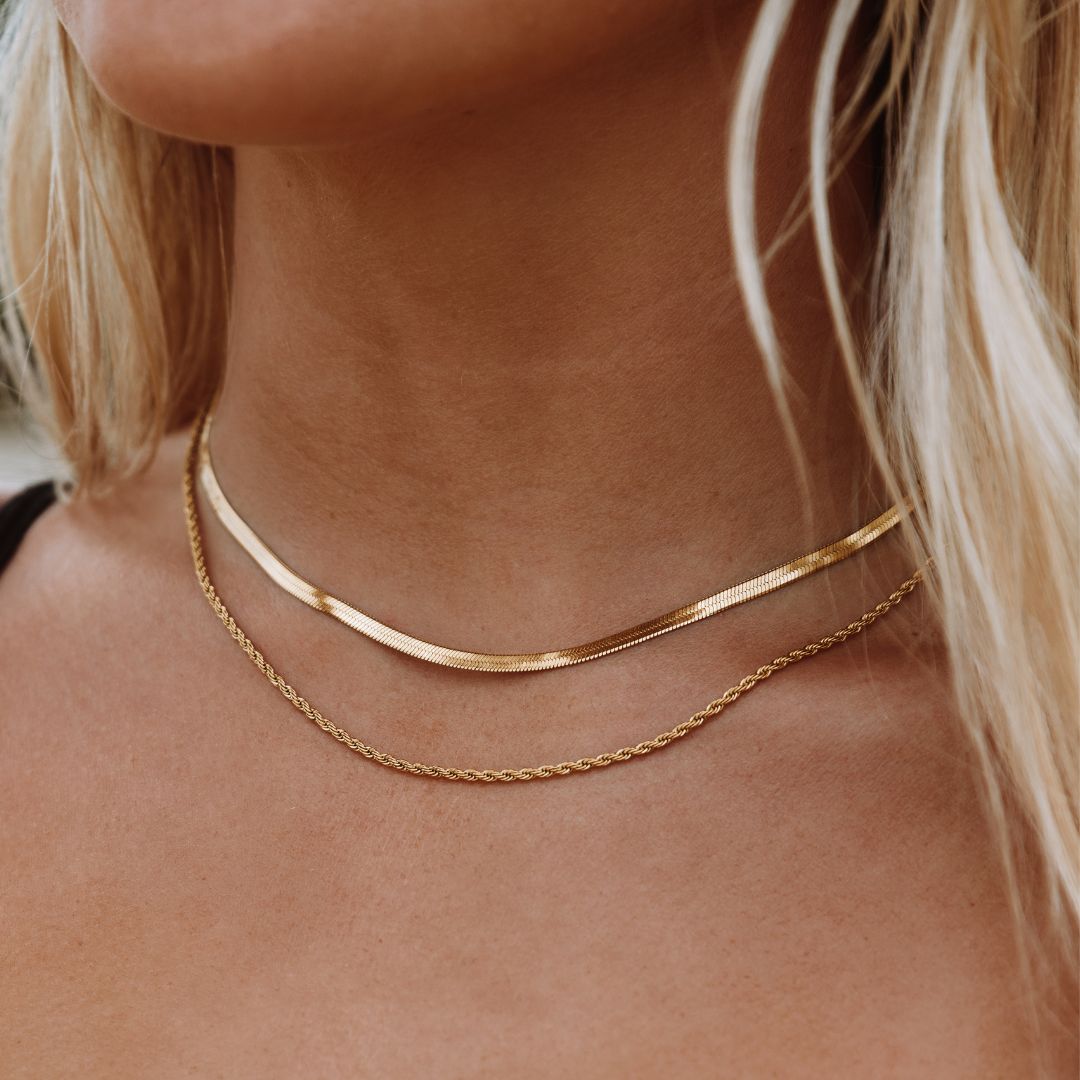

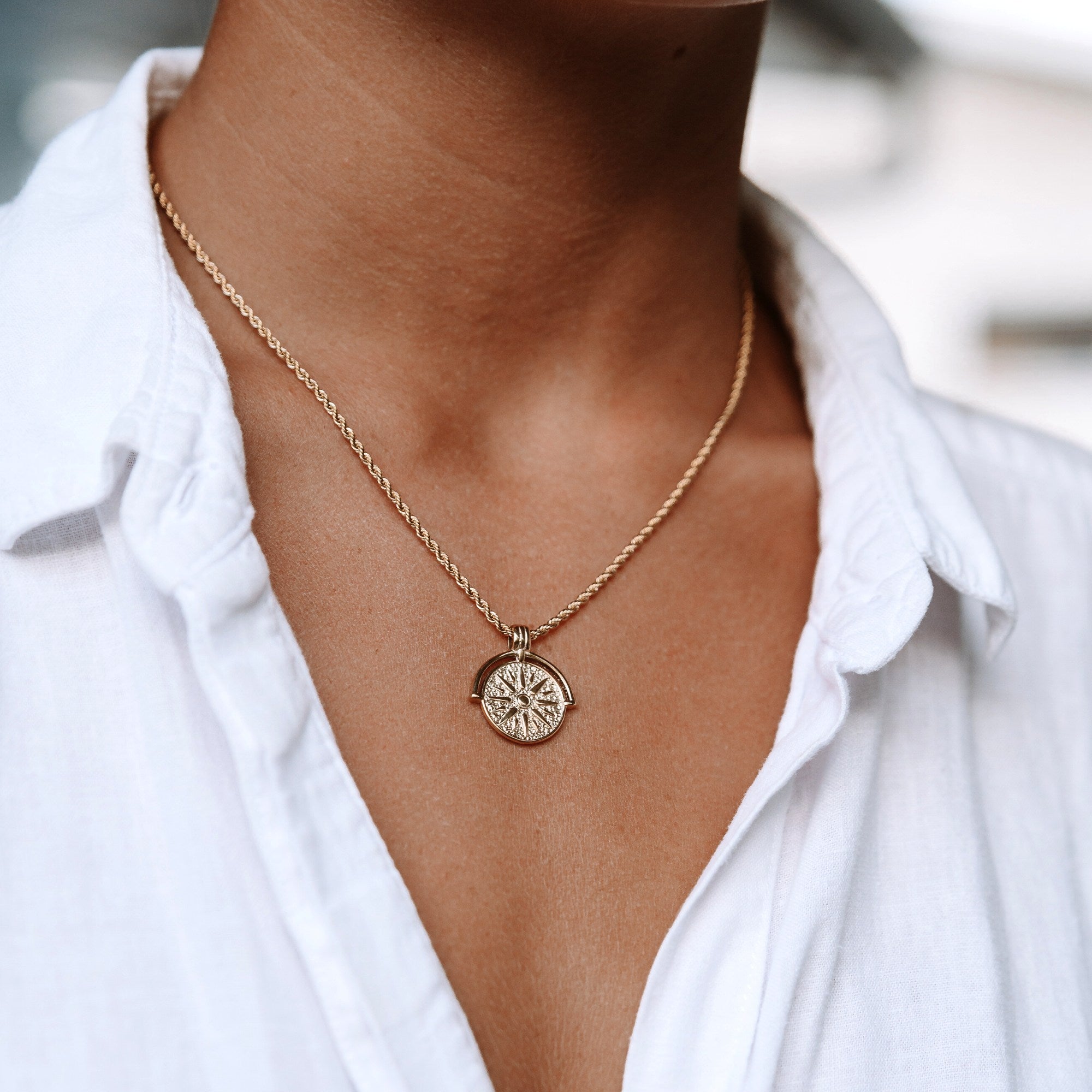

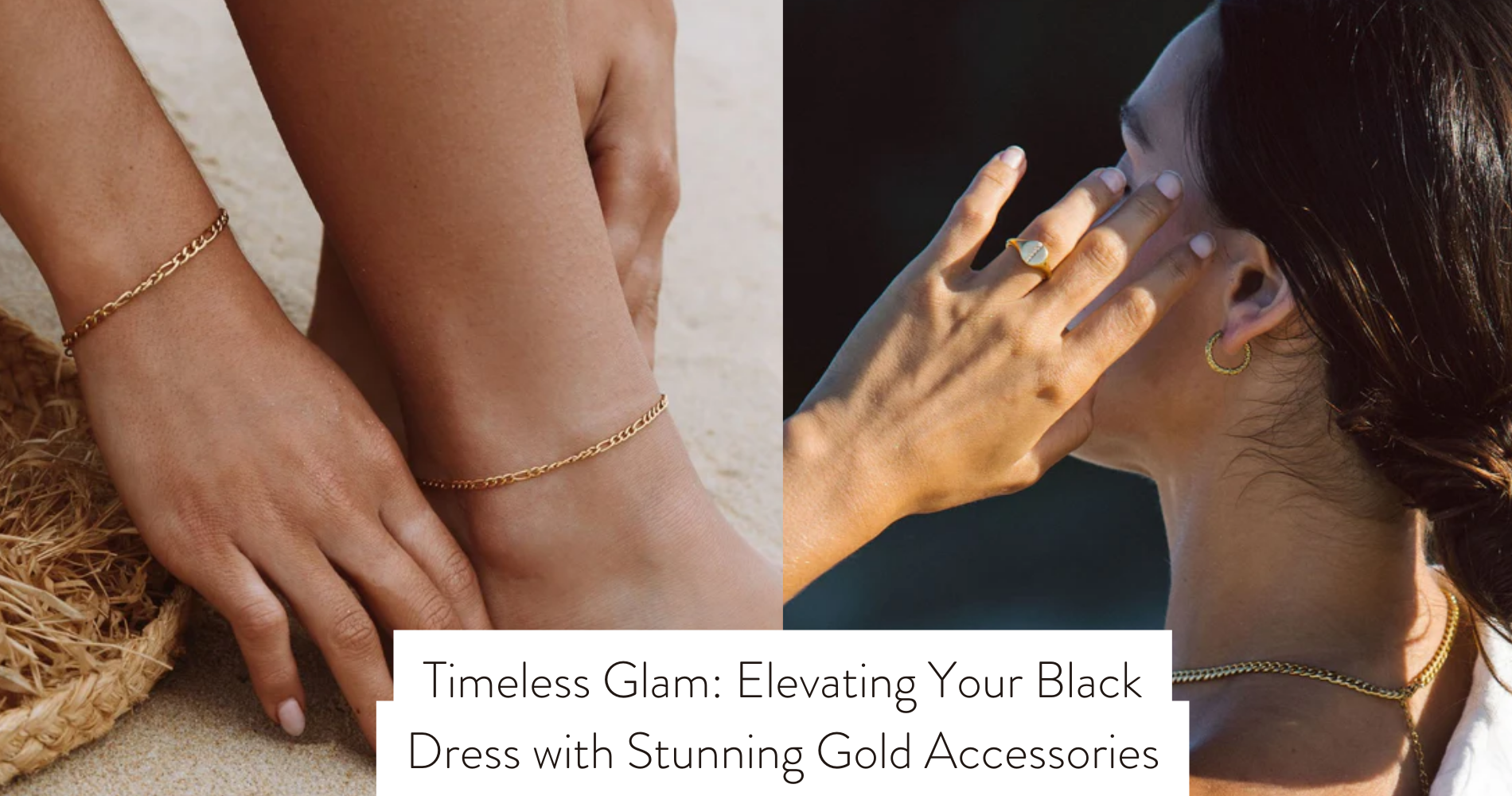
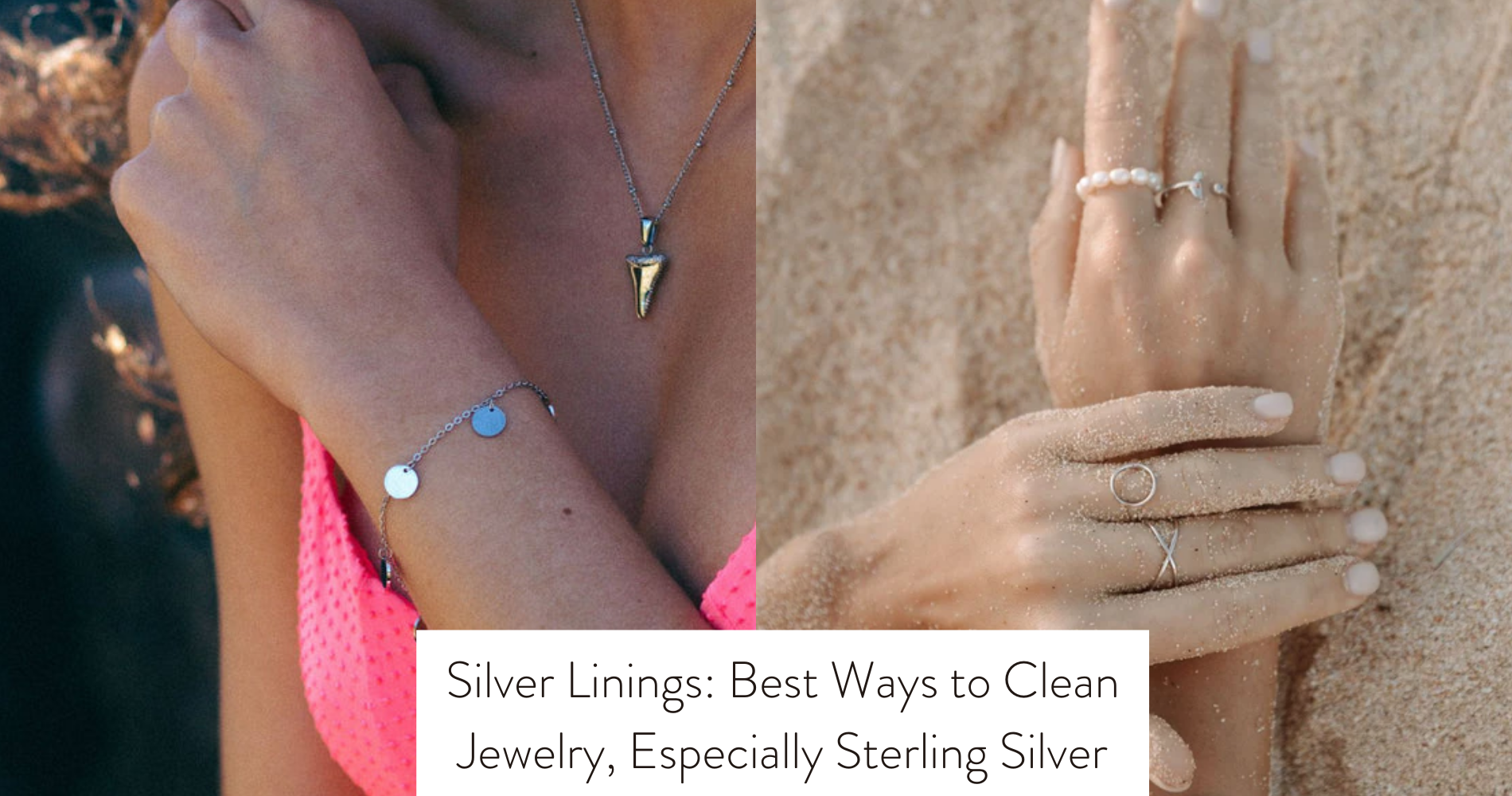




Leave a comment
This site is protected by hCaptcha and the hCaptcha Privacy Policy and Terms of Service apply.